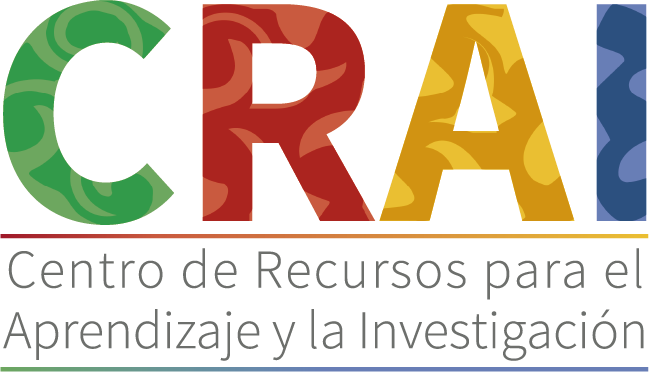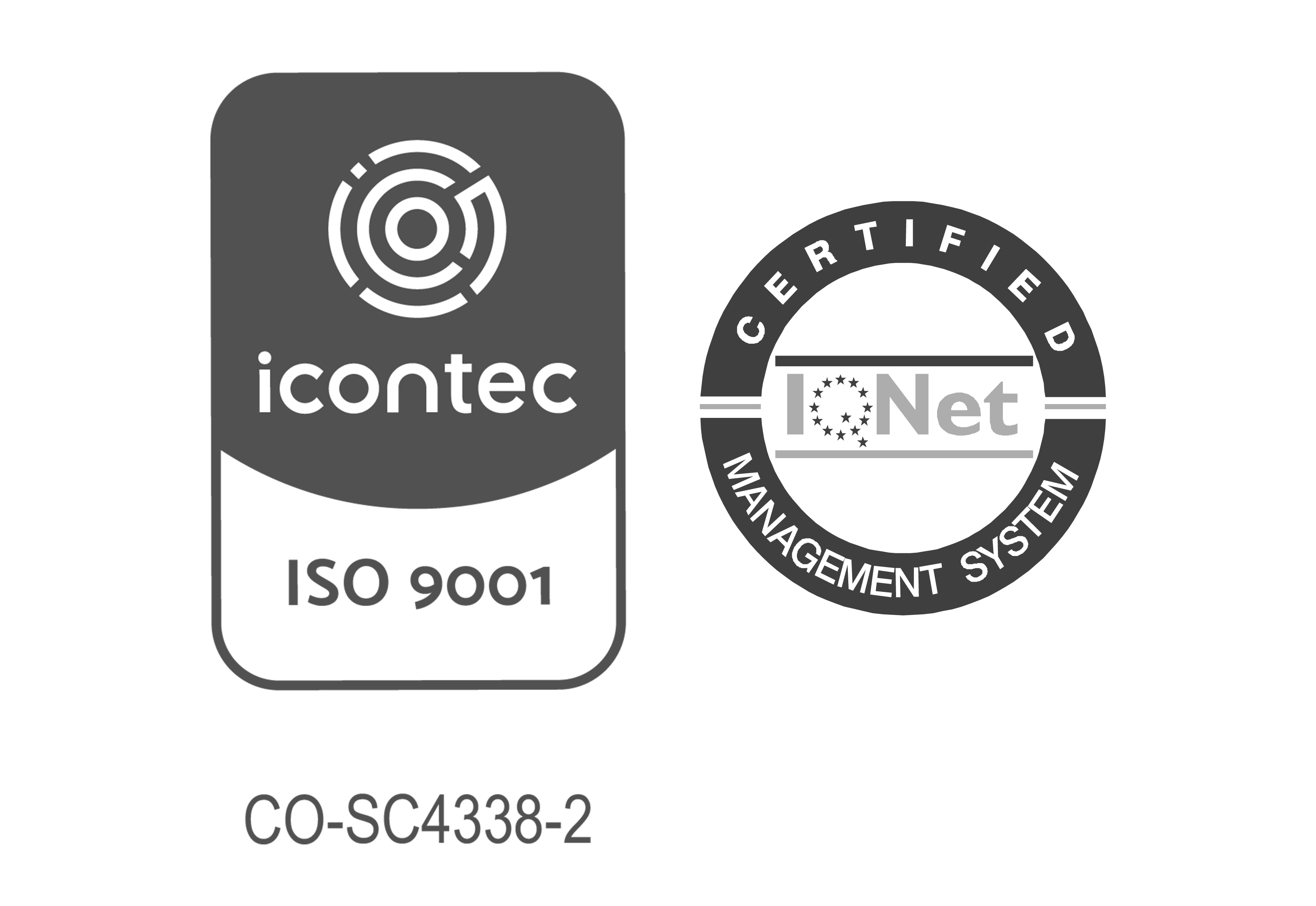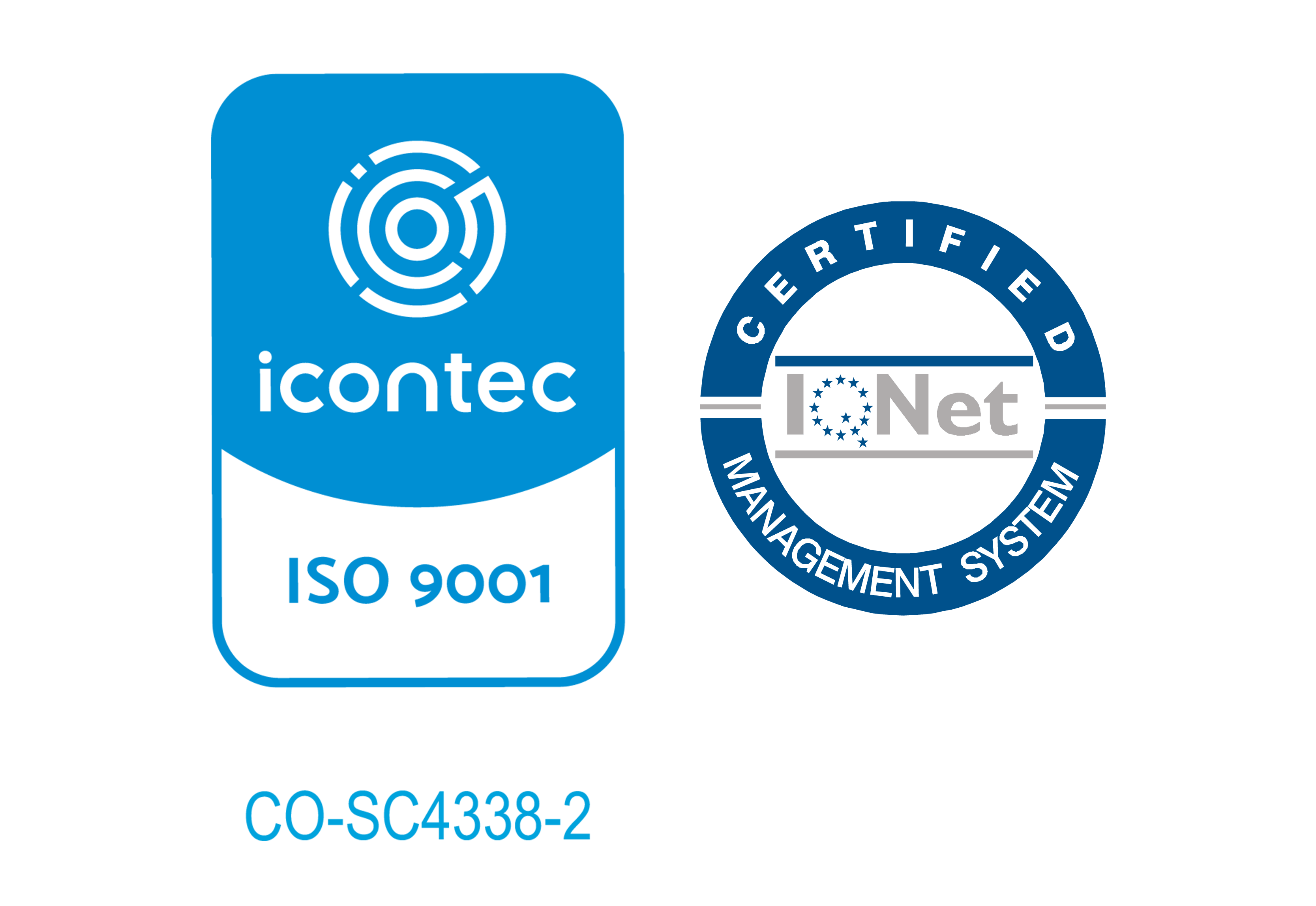Incluye referencias bibliográficas e índices
Tables and figures -- Acknowledgments -- Preface -- Part 1: Journal Writing And Its Theoretical Foundations -- 1: Journal writing: definition and rationale -- 2: Reflection and learning from experience -- 3: Reflection and adult developmental theory -- Part 2: Using Journals In Classrooms And Professional Life -- 4: Introducing and structuring classroom journal writing -- 5: Classroom journal-writing techniques -- 6: Grading classroom journal writing -- 7: Journal writing in professional life -- 8: Journal writing in the computer age / Rebecca L Schulte -- Part 3: Collection Of Case Studies: Teaching With Journals And Keeping Journals In Professional Life -- 9: Case studies: Teaching with journals -- 10: Case studies: Journal keeping in professional life -- Afterword -- Appendixes: A: Journal-writing techniques -- B: Contributor contact information -- References -- Index.
From the Publisher: One of the most powerful ways to learn, reflect and make sense of our lives is through journal keeping. This book presents the potential uses and benefits of journals for personal and professional development-particularly for those in academic life; and demonstrates journals' potential to foster college students' learning, fluency and voice, and creative thinking. In professional life, a journal helps to organize, prioritize and address the many expectations of a faculty member's or administrator's roles. Journals are effective for developing time management skills, building problem-solving skills, fostering insight, and decreasing stress. Both writing and rereading journal entries allow the journal keeper to document thinking; to track changes and review observations; and to examine assumptions and so gain fresh perspectives and insights over past events. The authors present the background to help readers make an informed decision about the value of journals and to determine whether journals will fit appropriately with their teaching objectives or help manage their personal and professional lives. They offer insights and advice on selecting the format or formats and techniques most appropriate for the reader's purposes.

Escuela de administración
Facultad de Jurisprudencia
Facultad de Ciencias
Escuela de Ciencias
Escuela de Medicina
Facultad de Economía
Facultad de Estudios
Facultad de Creación
Escuela de Ingeniería,
Otras Ofertas
 Historia y símbolos
Historia y símbolos
 Enfoque estratégico
Enfoque estratégico
 Gobierno universitario
Gobierno universitario
 Playbok - Nuestros pilares de transformación
Playbok - Nuestros pilares de transformación
 Protocolo de seguridad
Protocolo de seguridad
 Archivo histórico
Archivo histórico
 Portafolio de becas, descuentos y apoyo financiero
Portafolio de becas, descuentos y apoyo financiero
 Casa UR
Casa UR






 Proyección social
Proyección social Filantropía
Filantropía Hagámoslo posible
Hagámoslo posible

 Libro
Libro







